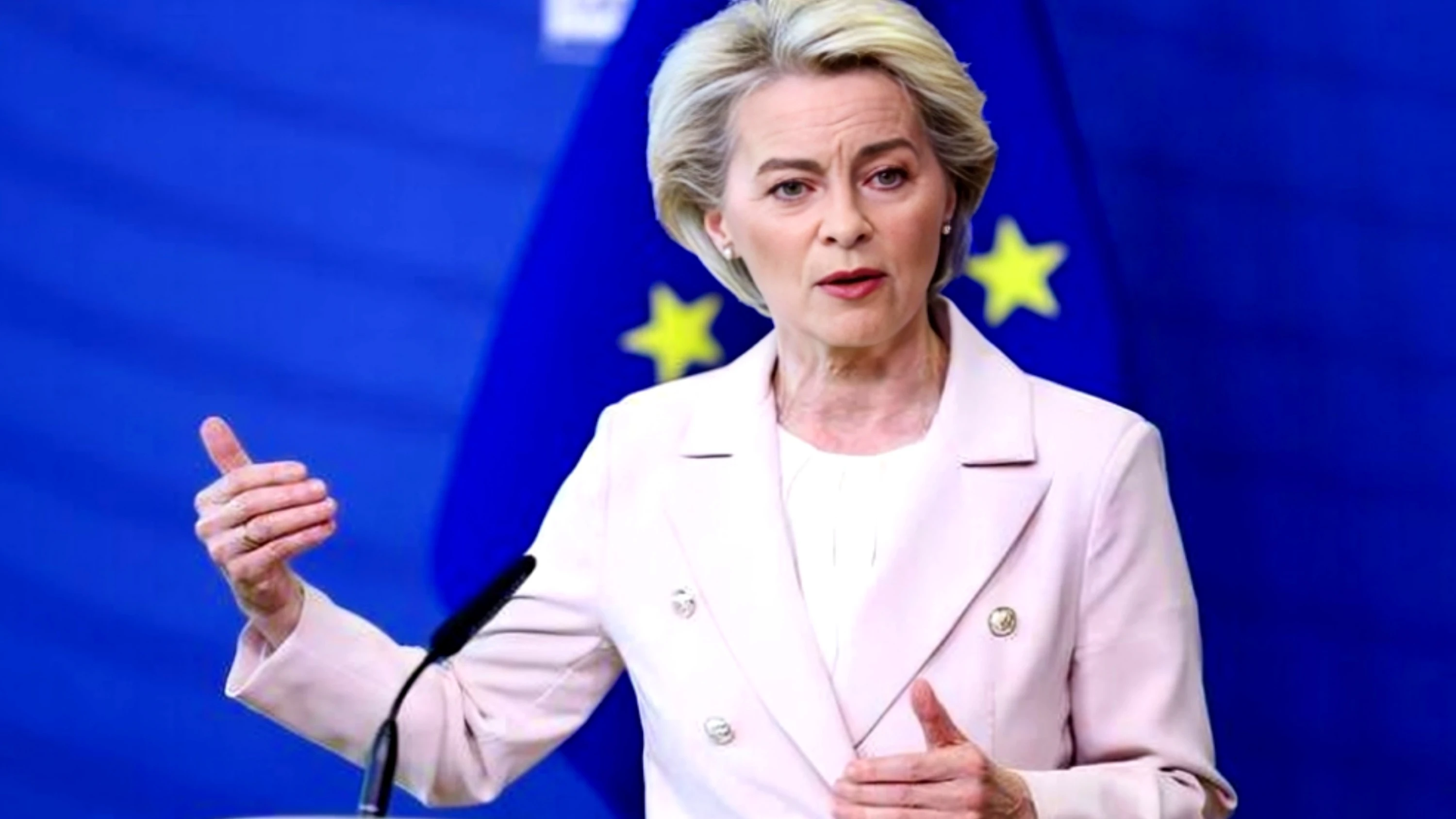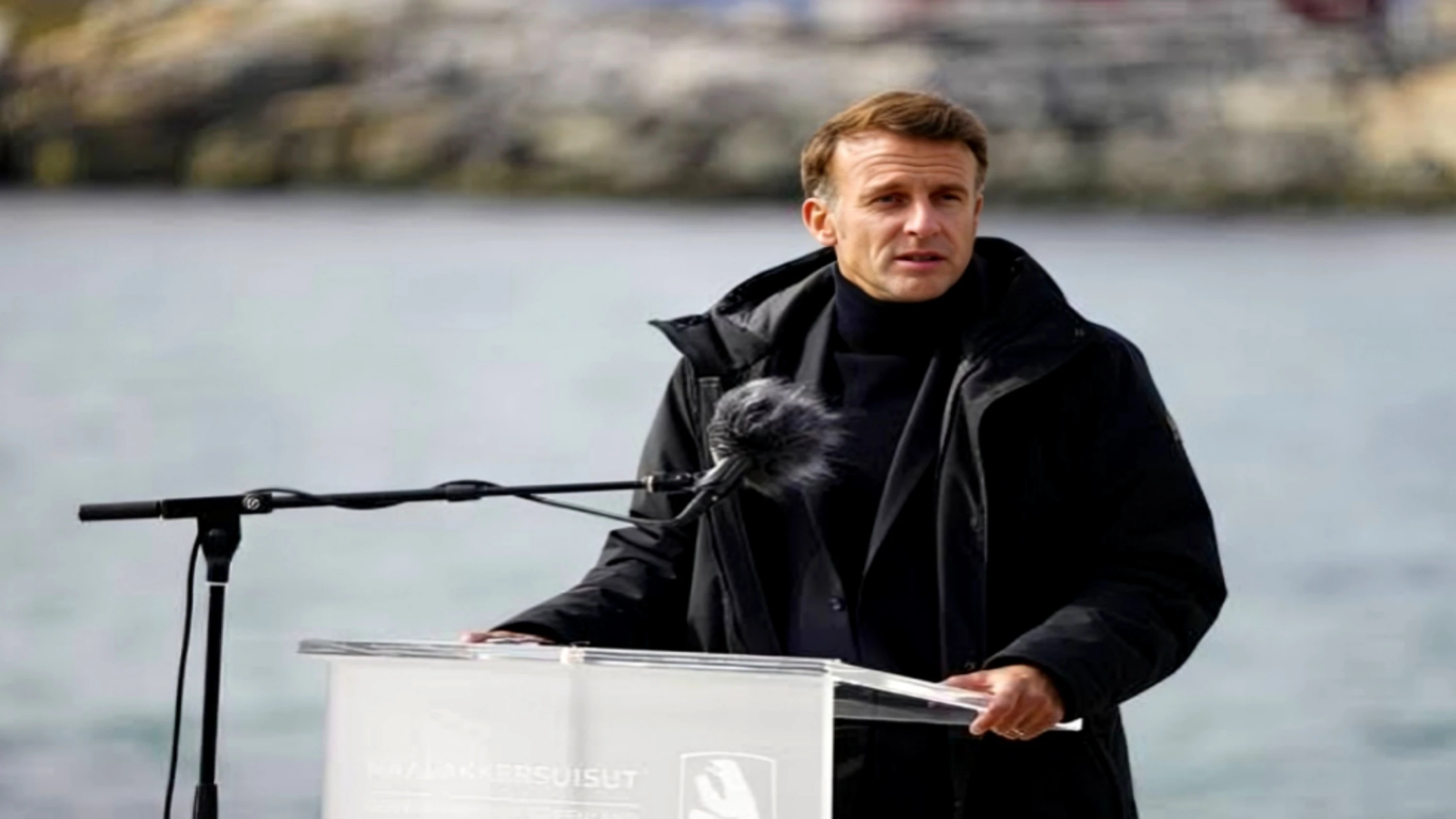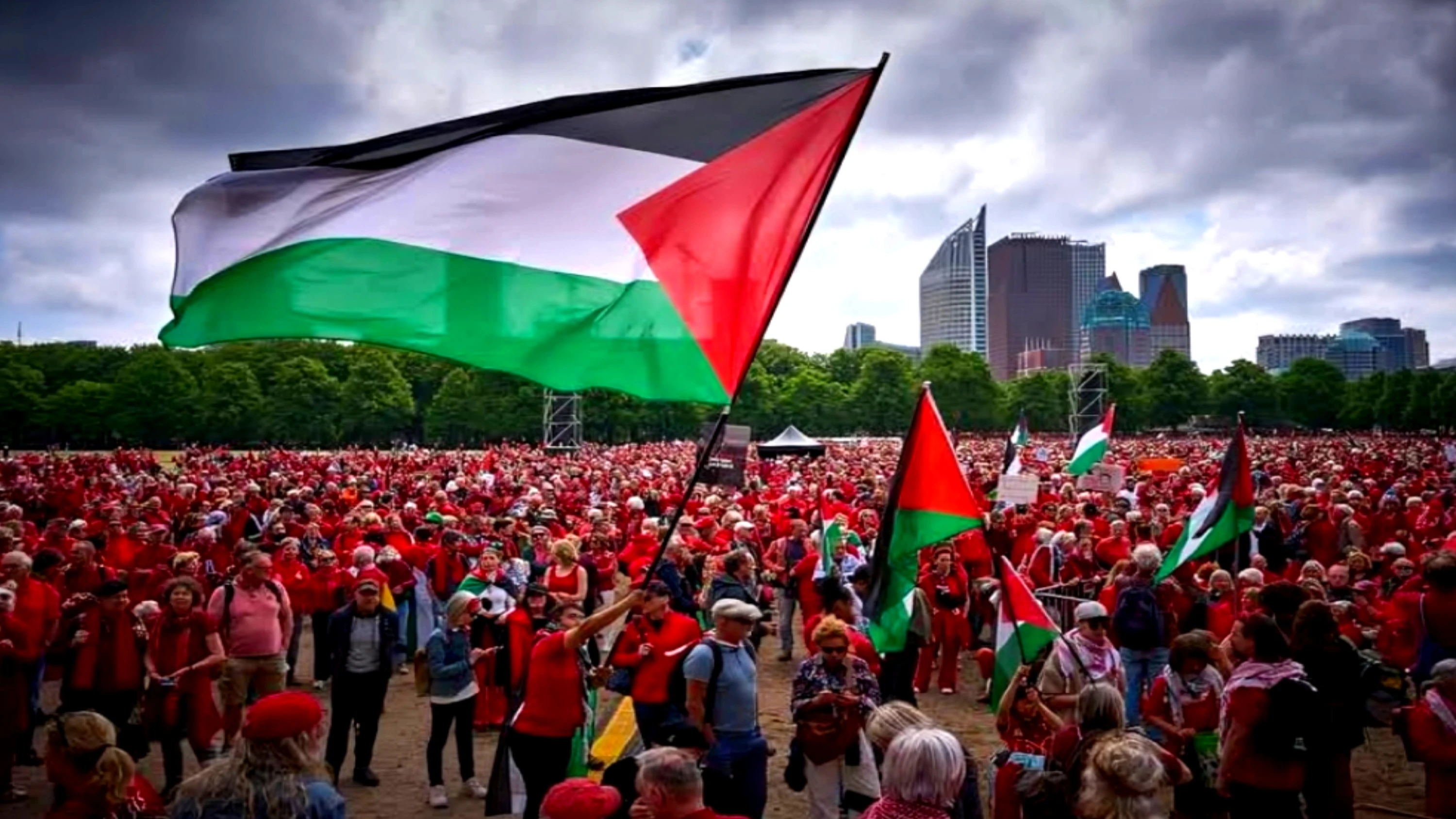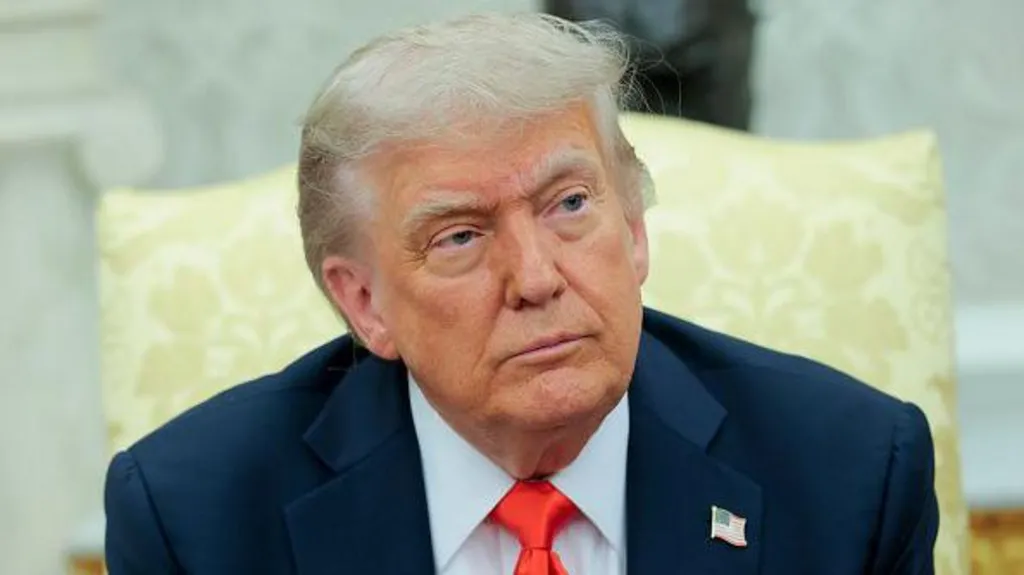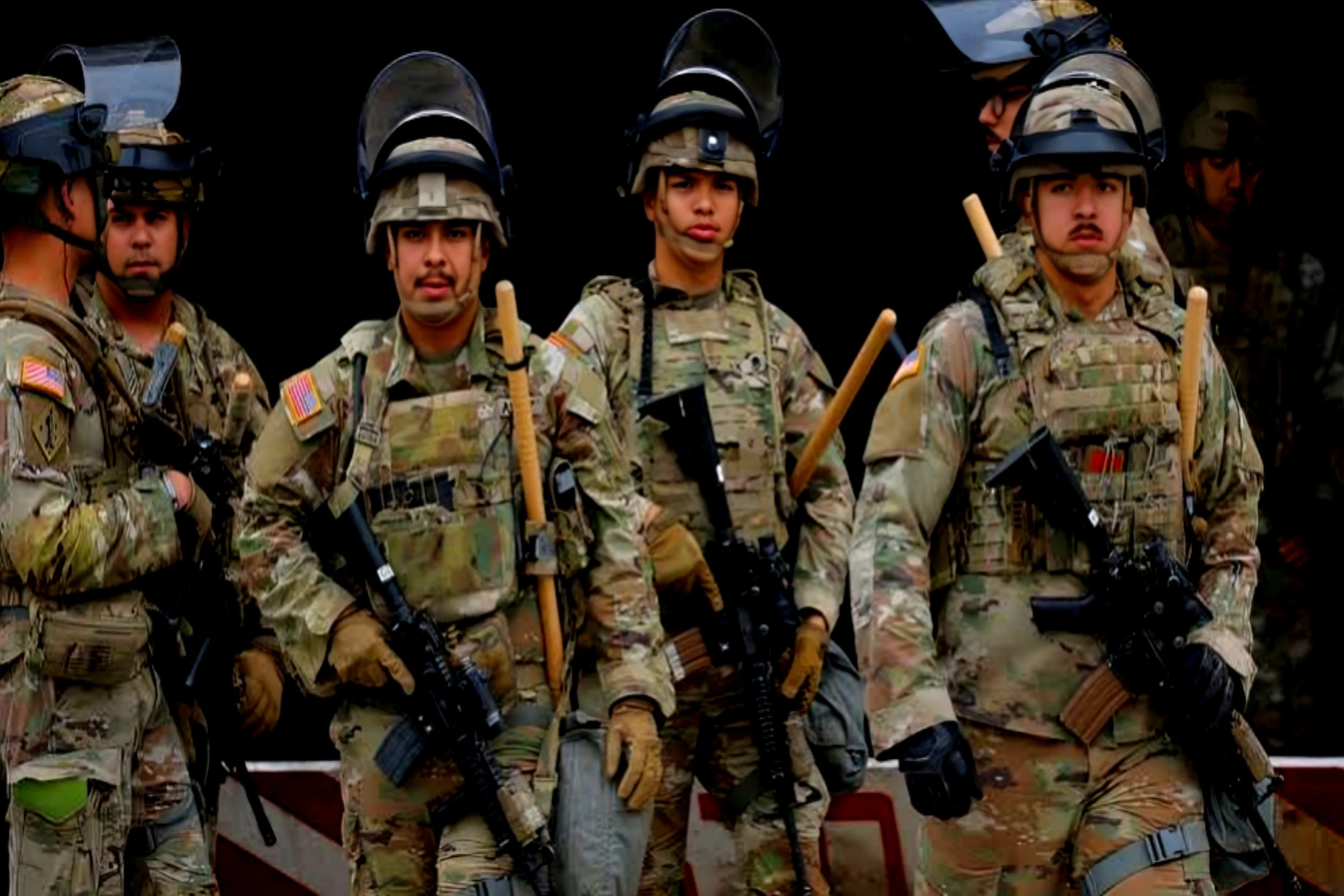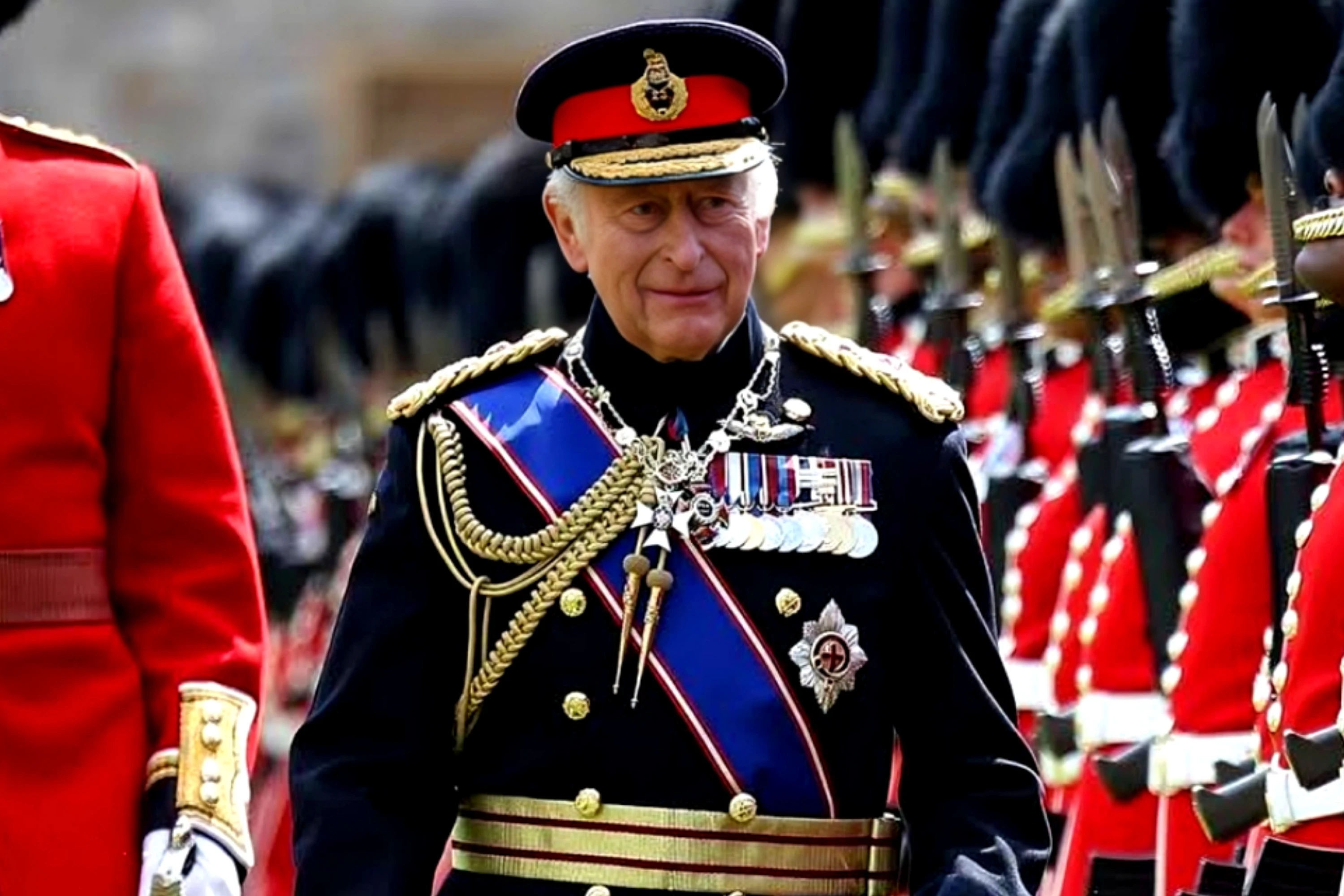Samarkand: The European Union has positioned itself as a "reliable" partner for Central Asia amid shifting global dynamics, aiming to expand its access to critical raw materials, clean energy, and secure greater cooperation on geopolitical issues, particularly regarding Russia's war in Ukraine.
During the first-ever EU-Central Asia Summit in Samarkand, Uzbekistan, EU and the five Central Asian nations—Kazakhstan, Kyrgyzstan, Tajikistan, Turkmenistan, and Uzbekistan—agreed to elevate their relationship to a strategic partnership. As part of this, the EU announced a €12 billion investment plan under its Global Gateway Initiative, which will fund projects in transport (€3 billion), critical raw materials (€2.5 billion), energy, water, climate initiatives (€6.4 billion), and digital connectivity.
The summit occurred just two days after US President Donald Trump introduced new tariffs affecting several countries, including EU allies. European Commission President Ursula von der Leyen warned of growing global divisions and stressed the need for reliable partnerships, indirectly alluding to the geopolitical strategies of the US, Russia, and China.
"New global barriers arise, investments are being re-directed or cut. Powers around the world are carving out new spheres of influence," von der Leyen stated. She reassured Central Asian leaders that Europe’s approach is not just about resource extraction but about developing local industries, offering a long-term, sustainable partnership.
The EU’s interest in Central Asia stems from its ambition to reduce dependency on China for critical raw materials essential for green energy, technology, and defense. The region boasts vast deposits, including 38.6% of global manganese ore, 30% of chromium, and 12.6% of zinc.
Von der Leyen emphasized that while some global powers seek to exploit these resources, Europe’s goal is different. "We also want to be your partners in developing your local industries. The added value has to be local," she said.
The summit also tackled security issues, particularly the impact of Russia’s war in Ukraine. European Council President António Costa urged Central Asian nations to uphold the rules-based international order, indirectly pressuring them to take a firmer stance on Moscow’s aggression.
The five nations have remained neutral at the UN regarding Russia, despite reports of sanctioned goods being re-exported to Moscow. The EU has deployed a Special Envoy to monitor sanctions circumvention and seeks greater cooperation from Central Asia, though officials noted this is not a precondition for deepening ties.
Costa hinted at possible further measures against Russia, saying Europe would "continue to increase pressure where necessary" while urging stronger collaboration from Central Asian partners. Uzbek President Shavkat Mirziyoyev voiced support for peaceful negotiations on Ukraine but stopped short of committing to stronger action against Russia.
The summit also laid the groundwork for an Investors Forum later this year, aiming to boost trade and infrastructure projects, including the Trans-Caspian Transport Corridor—a major route bypassing Russia that could significantly cut shipping times between Europe and Central Asia. Additionally, the EU-backed European Bank for Reconstruction and Development (EBRD) will open a new office in Uzbekistan to facilitate economic collaboration.
Leaders also agreed to hold similar summits every two years, marking a new era of engagement between the EU and Central Asia.



